Oh God, it’s happened again. Another evening where I’m surrounded by people I know personally or have interviewed, and I can’t remember a single name. Multiple blanks. It’s a sort of self-fulfilling nervous tic — a phobia, almost. We were at a fundraiser at our kids’ former school in north London. For some reason, lots of celebs send their children there, including Jonathan Ross. He once joked that it’s the only school in London with a permanent posse of paparazzi hanging around outside the gates. Anyway, a veteran actor with grandchildren there strolled over for a chat. After he’d wandered off, I looked at my wife in mute appeal. ‘Tom Conti, for fuck’s sake,’ she sighed. ‘You’re bloody hopeless. You should just come clean with people and tell them you’re rubbish at remembering names.’
Never, never confess to someone that you’ve forgotten what they’re called. The soul-shrivelling experience of a former newspaper colleague taught me that. In the early 1960s, Bob Hutchings was a young Fleet Street reporter yearning to work for a big American title. He landed an interview with the editor of the Los Angeles Times and flew to California. Arriving at their offices on a November afternoon, he immediately sensed a strained atmosphere. The receptionist giving him his pass had clearly been weeping. Upstairs, the editor’s PA had mascara streaking her cheeks as she pressed the intercom. ‘The English guy is here, sir.’ Bob stared at her. ‘What’s going on?’ he asked. ‘Everyone seems really upset.’ She stared back. ‘Haven’t you heard? Our president’s been shot!’ It never occurred to him she meant Kennedy. He thought she was talking about the head of the LA Times and silently cursed as he tried and failed to remember his name. Next moment, the harassed editor appeared. ‘C’mon in, Bob. Heard the news? About our president?’ Bob sank into a chair and nodded. ‘Yes. How awful.’ He decided to play it straight. ‘I’m so sorry… I don’t recall his name. What was it?’ Two minutes later, the ace reporter was bundled out on to the street. He was probably the only journalist flying out of the United States on 22 November 1963 while the rest of Planet Hack was pouring in.
Victoria Milligan has been speaking movingly about the terrible day when her family was thrown out of their speedboat off Rock in Cornwall. Her husband and youngest daughter were killed and Victoria lost a leg. The inquest opened last week, and it’s been about as harrowing as these things can be. I was struck by her description of her thought processes as she floated in the water, close to death. She heard one of her children screaming, ‘Daddy’s dead!’ and says that ‘the most basic of all human instincts, survival’, kicked in. ‘I was figuring out how I was going to look after the children on my own. I would put the house on the market, buy a smaller one.’ We can be extraordinarily logical and composed in moments of mortal danger. I once interviewed a Battle of Britain pilot whose parachute initially failed to open when he bailed out. He told me that while he was falling, he worried about whether he’d paid his mess bill and if his new wife would be liable. I wrote here recently that, when I almost choked to death in a restaurant, my mind remained calm and analytical. It’s weird; as if a higher part of the brain leaves the rest of you to get on with the crude business of surviving (or not) and calculates the angles. If Victoria Milligan had died that day, her last thoughts would have been familial, pecuniary and prosaic. For some reason, I find that comforting.
Antony and Cleopatra, Ronald and Margaret — the politics of the personal drive history. The Reagan/Thatcher Grenada tapes, just released, prove what makes a special relationship special: using first names. ‘If I were there, Margaret, I’d throw my hat in the door before I came in,’ Reagan told her over the White House hotline. You’d think he was calling to apologise for forgetting her birthday, rather than for invading part of the Commonwealth. ‘I just hope, Ron (Ron!) that it will be very quickly cleared up… and how is Nancy?’ she replied. If we can only get Barack and Vladimir on first-name terms we’ll have Syria and the Ukraine sewn up by teatime.
Continuing fuss over that ‘vaping’ TV commercial. Yes, the ad is pure fifth-form double entendre. But anything that gets smokers off the hard stuff is fine by me. I smoked like a chimney until I was 40. Then I interviewed Nigella Lawson’s first husband, John Diamond, who was dying from throat cancer. Just looking at his ruined face and hearing his rasping, gasping voice made me give up on the spot. If ‘vapes’ had been around a few years earlier, Diamond might be here today. Excruciating ads notwithstanding, they’re saving lives.
Got something to add? Join the discussion and comment below.
Get 10 issues for just $10
Subscribe to The Spectator Australia today for the next 10 magazine issues, plus full online access, for just $10.
Richard Madeley’s latest book is The Way You Look Tonight.
You might disagree with half of it, but you’ll enjoy reading all of it. Try your first month for free, then just $2 a week for the remainder of your first year.


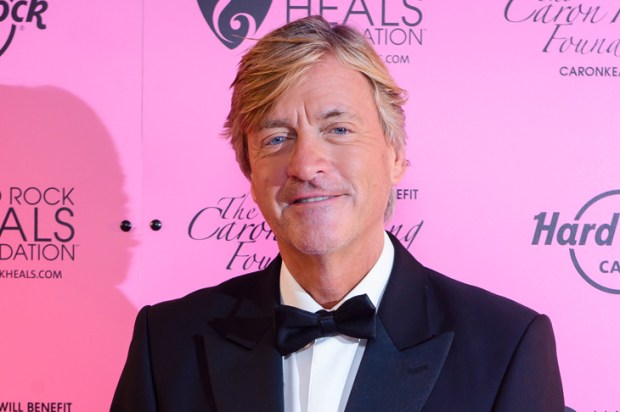
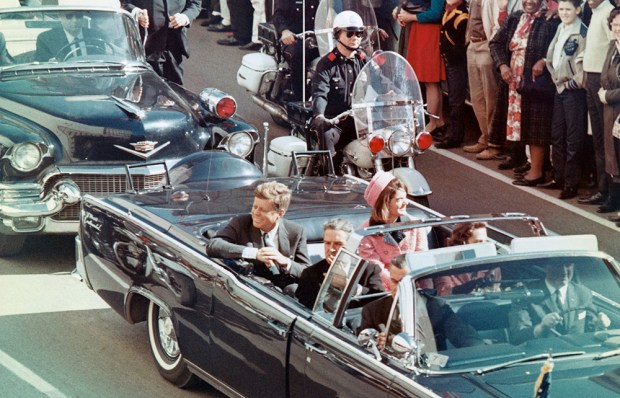
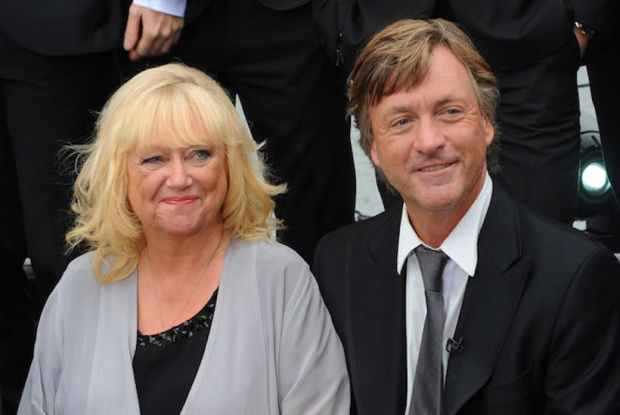
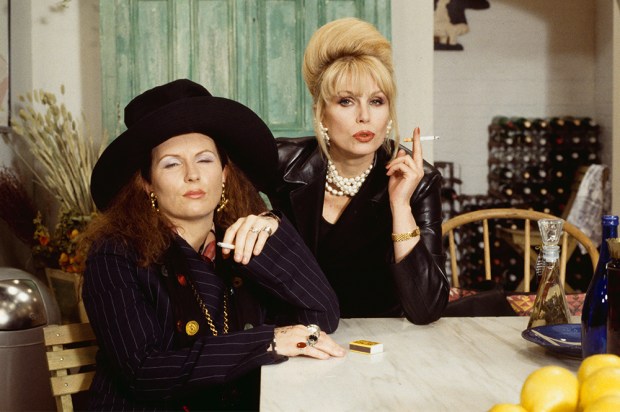

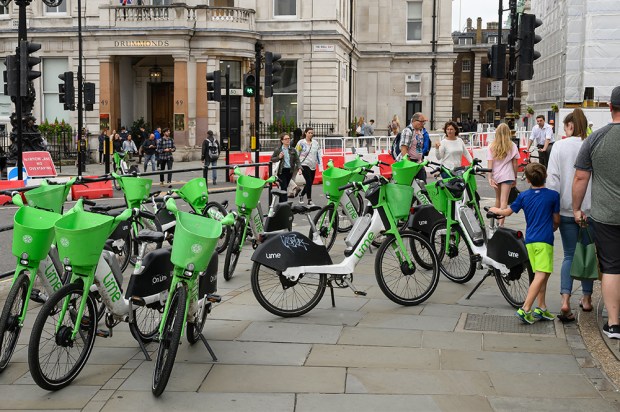






Comments
Don't miss out
Join the conversation with other Spectator Australia readers. Subscribe to leave a comment.
SUBSCRIBEAlready a subscriber? Log in